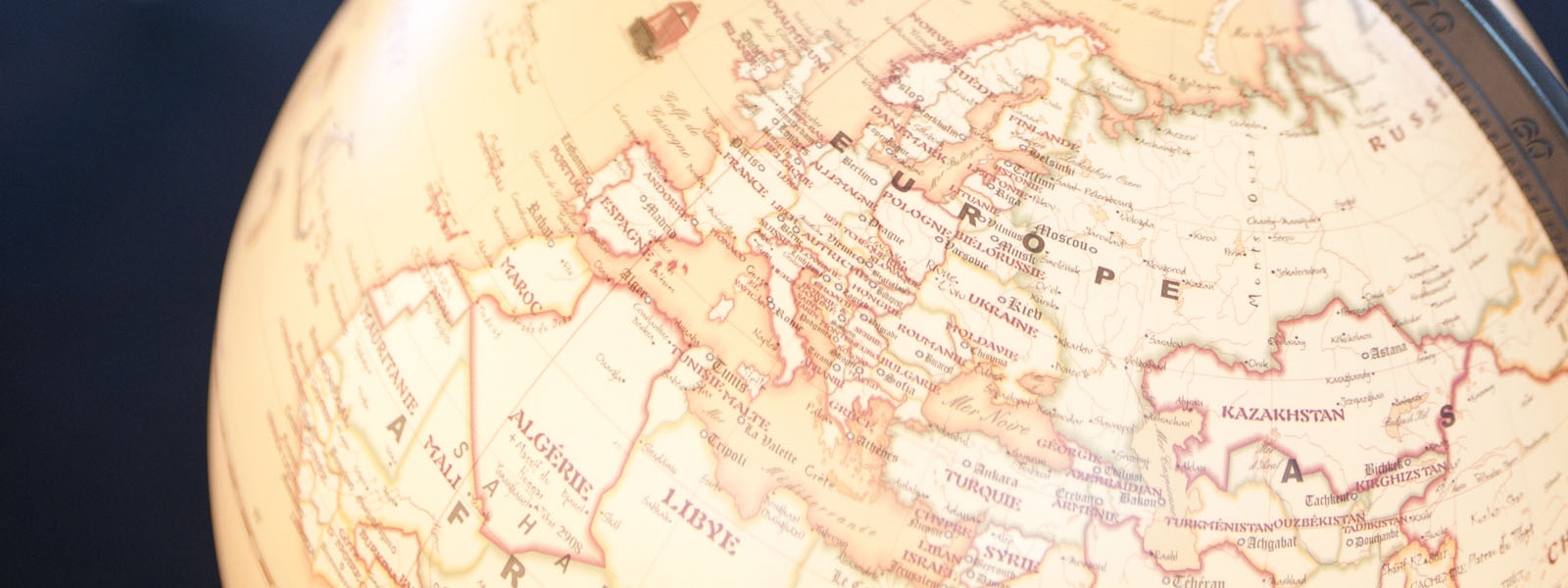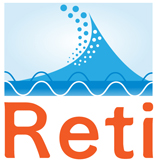National and International partnerships.
The University of Corsica is a charter member of this Euro-Mediterranean congress made up of the Universities of Nice Sophia Antipolis, Toulon South Var, Paris VI, Pisa, Turin and Genoa. The University of Corsica founded the RETI (Network of Excellence in Island Territories) network, which includes 27 universities today. The University also adheres to several other major national and international networks.


 RETI – Network of Excellence in Island Territories.
RETI – Network of Excellence in Island Territories.